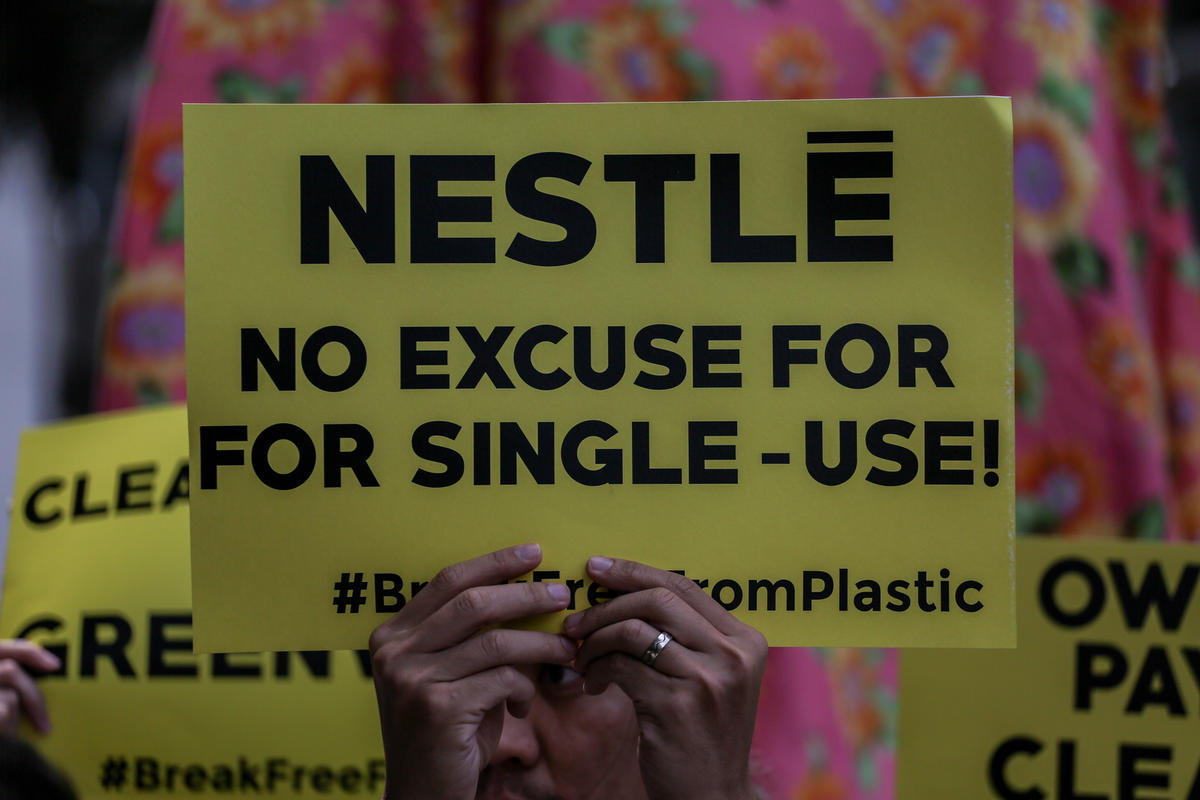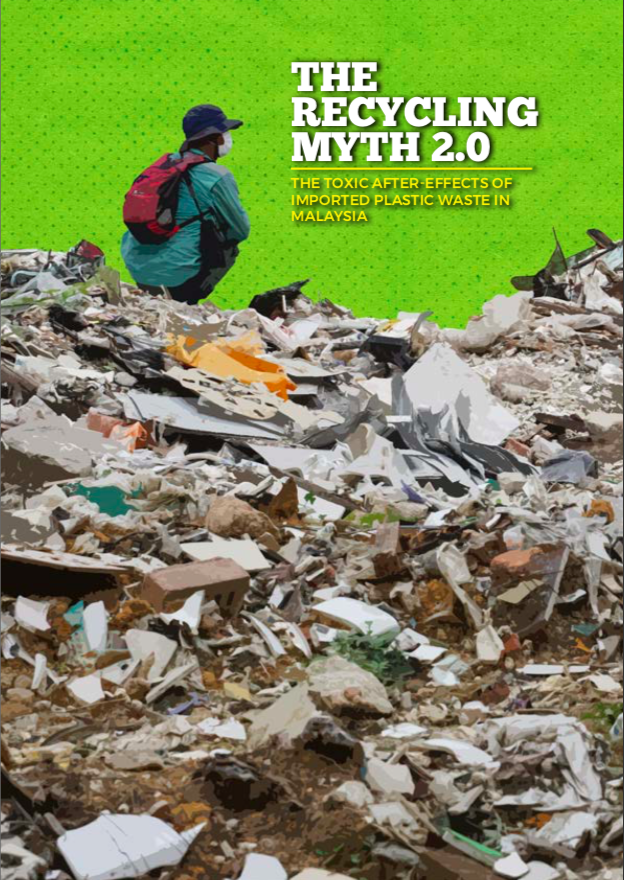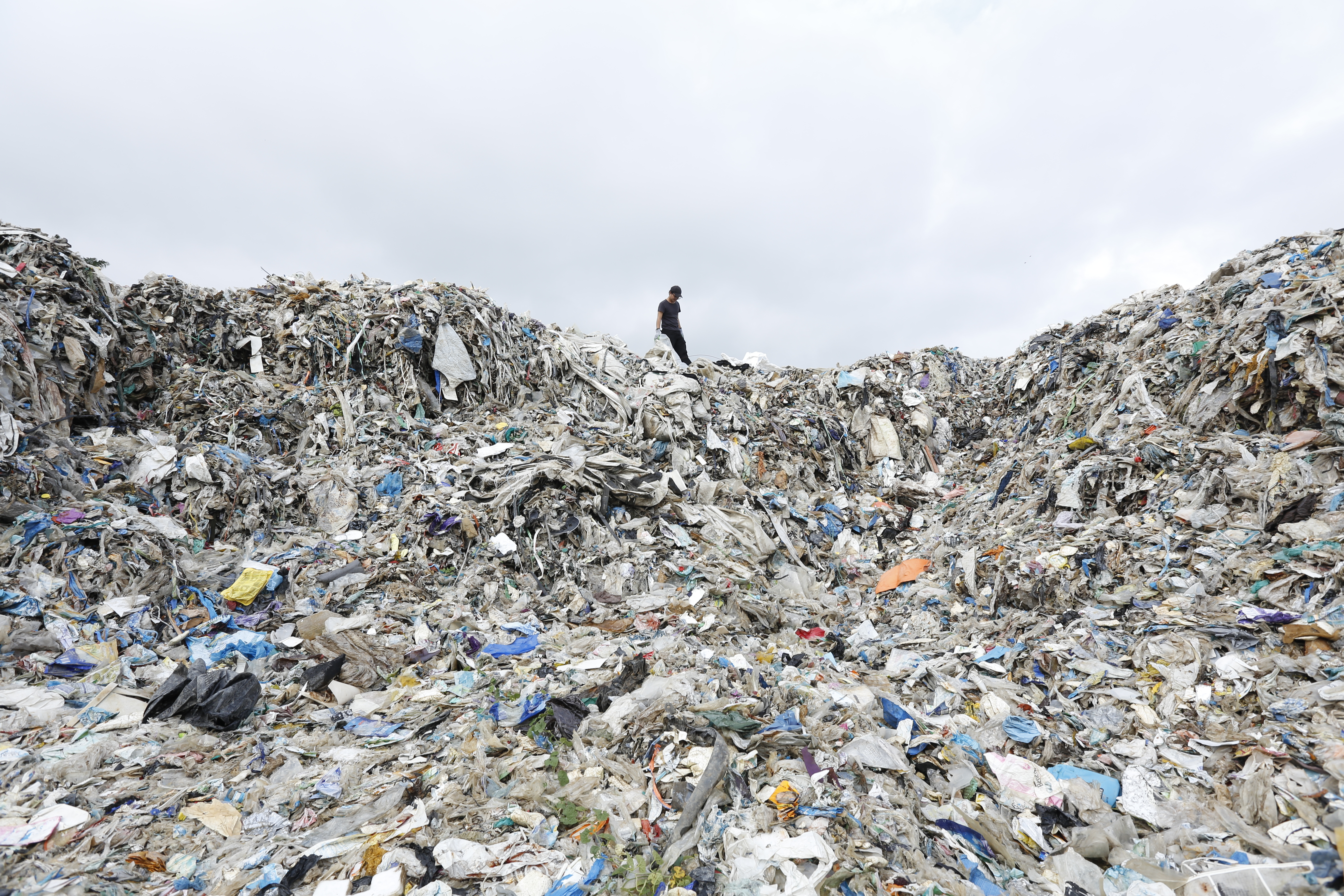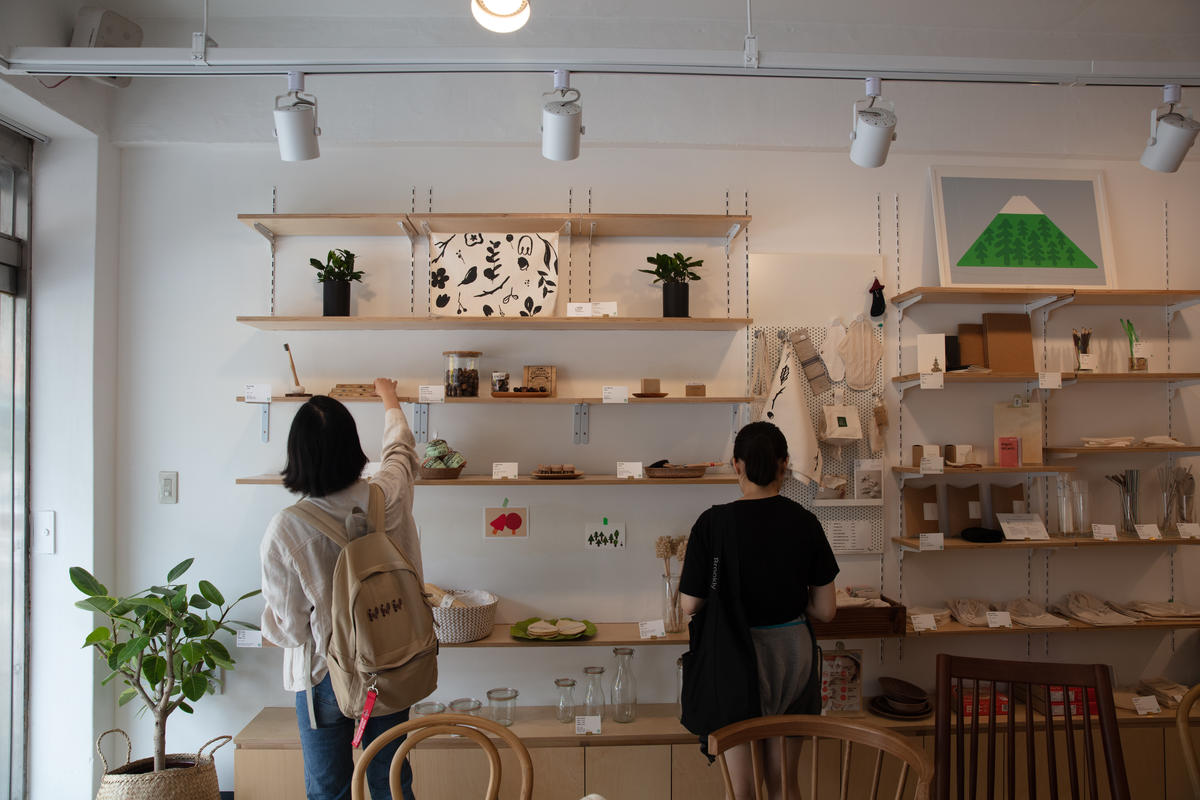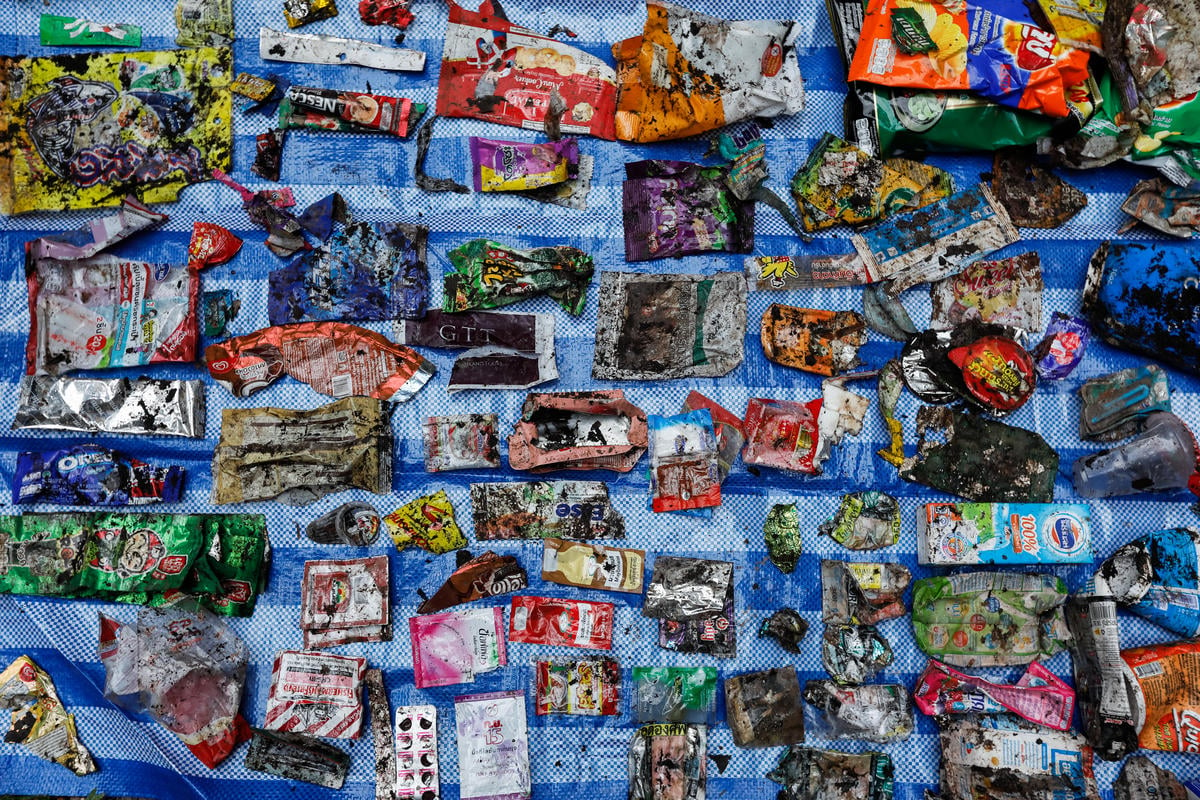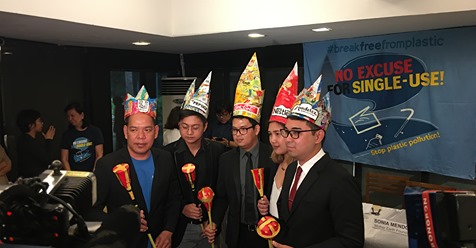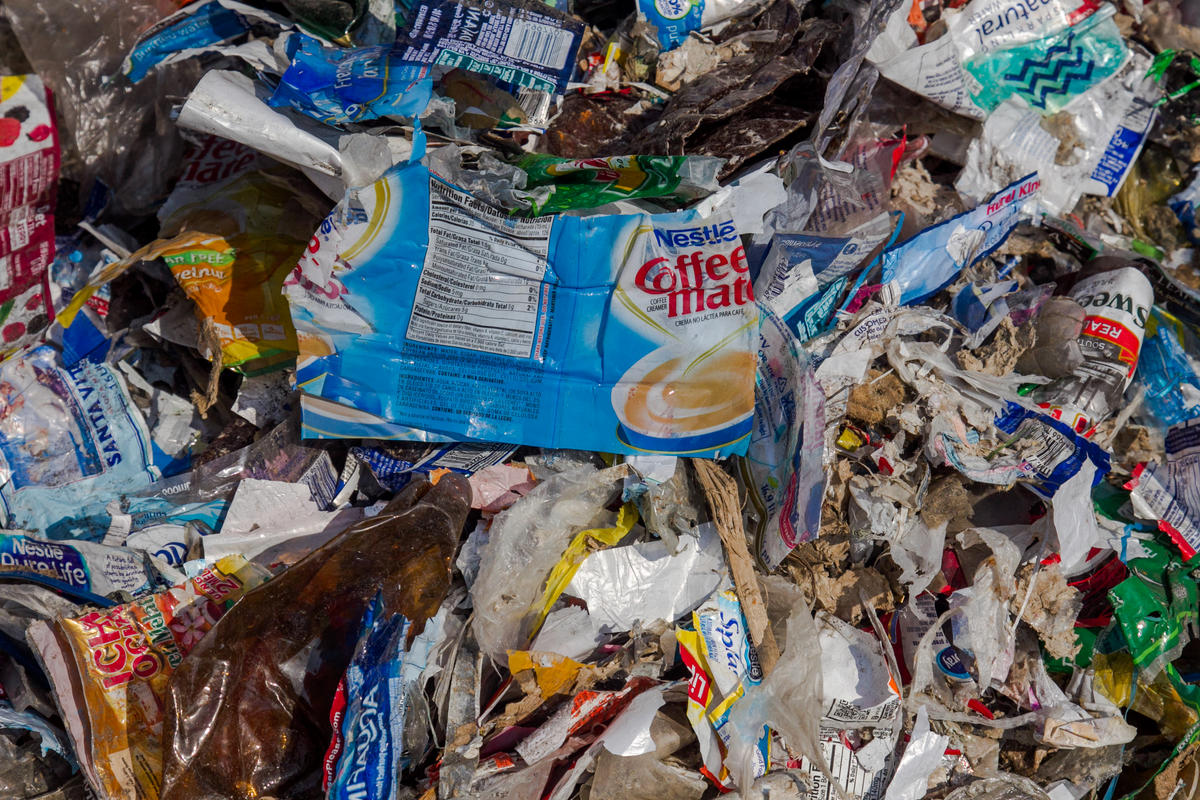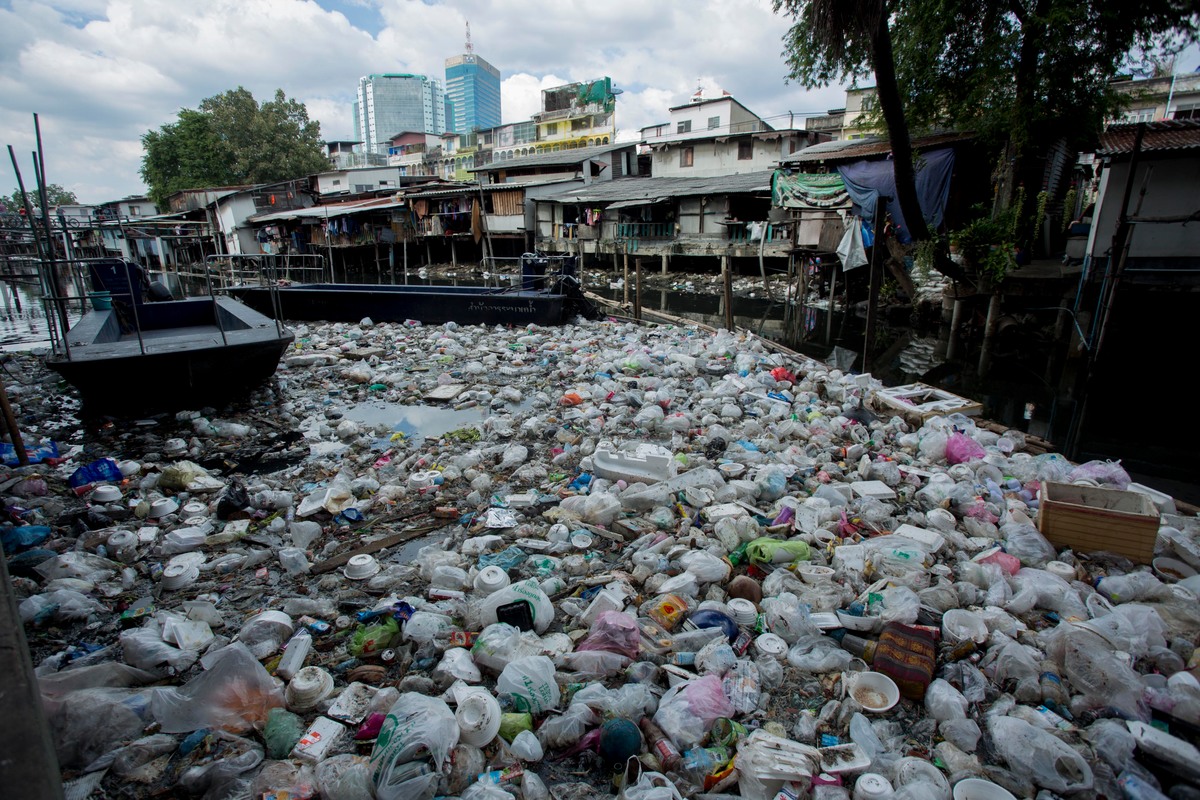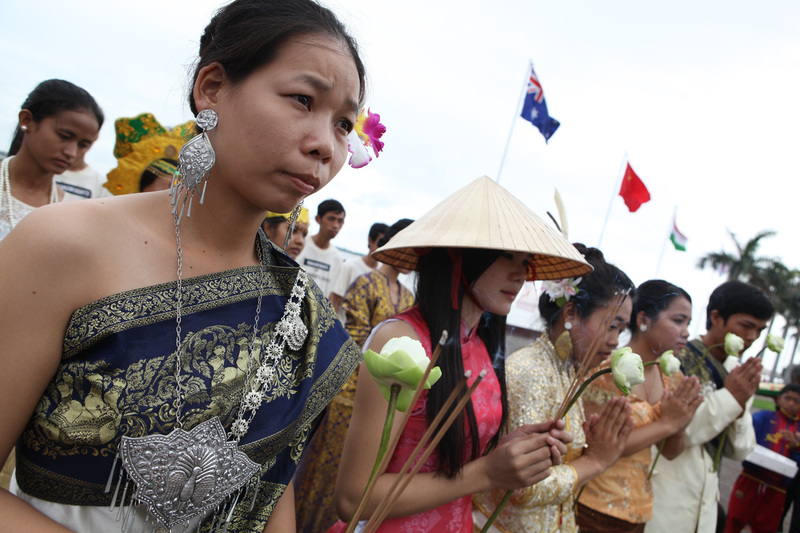All articles
-
Greenpeace statement on Nestle Malaysia’s unsustainable move from plastic to paper straws
Nestle (Malaysia) Bhd announced today that it plans to adopt paper straws across its entire range of ultra-high temperature (UHT) by year end. Although Nestle claims this move will help in tackling the plastic pollution crisis, it is a misguided one, that aims at switching from one throwaway material to another. It also does not…
-
Health experts push back against plastic industry to declare safety of reusables during COVID-19
The oil and plastics industry wants you to think that you and your family are safer when your food, drinks and other products are wrapped in plastic. But health experts around the world agree that reusables can be used safely during the COVID-19 pandemic.
-
THE RECYCLING MYTH 2.0: The Toxic After-Effects of Imported Plastic Waste in Malaysia
A joint investigation was carried out last year by Greenpeace, revisiting several locations suspected to have onsite imported plastic waste to find out the lasting environmental and health impacts of the imported plastic waste trade.
-
Waste trade woes: Plastic waste from developed countries add to Malaysia’s environmental crisis
In their latest report, The Recycling Myth 2.0, Greenpeace Malaysia found hazardous substances and chemicals that are potentially harmful to human health and the environment through a series of investigations involving water and soil sampling at four sites in Selangor and Kedah, Malaysia
-
Health and the Reuse Revolution: Is disposable safer than reusable? Let’s consult the science
We’re tackling the questions: are single-use packaging and containers actually safer? Is the fear of contamination from reusable containers justified?
-
CP and Coca-Cola among worst offenders for plastic pollution in Thailand based on Greenpeace report
This report provides more evidence of how corporations have greatly contributed to the plastic crisis that we find ourselves in. Their continued reliance on single-use plastic packaging translates to more throwaway plastic into the environment.
-
Coca-Cola, Nestlé and PepsiCo named top plastic polluters for the second year in a row
Quezon City, Philippines — Coca-Cola, Nestlé, and PepsiCo, are most identified in brand audits for the second year in a row,, according to global brand audits detailed in the report “BRANDED Volume…
-
Greenpeace report uncovers how top brands fool consumers with ‘false solutions’ to plastic pollution
The report, titled Throwing Away the Future: How Companies Still Have It Wrong on Plastic Pollution "Solutions,’”[1] shows how multinational companies, such as Nestlé, Unilever, PepsiCo, and Procter & Gamble, continue to harm the environment by using paper and crops-based bioplastics, which cause deforestation and threaten food security. Moreover, chemical recycling offers false hopes and lock in demand…
-
Greenpeace recommendations for Thailand’s plastic management roadmap to mitigate the impacts of plastic pollution on wildlife and iconic species
Thailand's alarming plastic pollution has been linked to the recent deaths of animals and endangered species-- most recently a wild deer and a baby dugong.
-
Greenpeace Statement on the ASEAN Framework of Action on Marine Debris
The Bangkok Declaration and the ASEAN Framework of Action on Marine Debris is a good example of how regional action can be achieved to address a common challenge. However, the Framework falls short of addressing the plastic pollution problem at root, by giving more focus to waste management rather than the need to reduce the…

